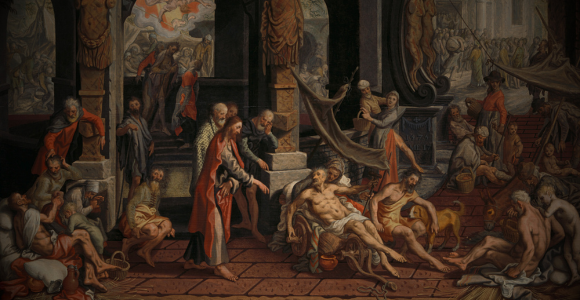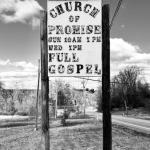
Today, we still have poor people, as well as the elderly and children. We must also be cognizant of how differences of race, gender, sexuality, citizenship, and other factors are used to justify cruelty and harm. As Brock and Parker remind us, “The work of justice requires paying attention to how difference is used to justify oppression.” (Rita Nakashima Brock & Rebecca Parker, Saving Paradise: How Christianity Traded Love of This World for Crucifixion and Empire, p. 396)
Welcome Readers! Please subscribe to Social Jesus Here.
This is Part 2 of I Have Much More to Say to You.
(Read this series from its beginning here.)
What Brock and Parker call the “work of justice” is essential for creating a safe, just and compassionate society. Today, several areas of society urgently require social justice to ensure that all people, regardless of their differences, experience equity and safety. The apostle James explains it well when he says, our faith without works of social justice is worthless:
Suppose a brother or a sister is without clothes and daily food. If one of you says to them, “Go in peace; keep warm and well fed,” but does nothing about their physical needs, what good is it? In the same way, faith by itself, if it is not accompanied by action, is dead. (James 2:15-17)
We must deeply question and reject a gospel that has no social impact toward justice:
If anyone has material possessions and sees a brother or sister in need but has no pity on them, how can the love of God be in that person? (1 John 3:17)
Societal sins are creating an immigration crisis in our nation today. Robert Chao Romero writes, “A five-alarm fire is raging through the Latina/o immigrant community. Millions are impacted. And yet, relatively few outside of our community—and very few within the evangelical community—seem to care. In fact, through their xenophobic rhetoric many are intentionally stoking the flames without regard to the many lives being consumed” (Brown Church: Five Centuries of Latina/o Social Justice, Theology, and Identity, p. 207. Published in 2020).
Romero continues, “Seeing ourselves in the Exodus narrative, we apply the biblical text to our present experience and declare:
Afterward the Brown Church went to Donald Trump and said, “Thus says the LORD, the God of Israel, ‘Let my people go, so that they may live lives of shalom and abundance in the land that was once theirs.’”
But Donald Trump said, “Who is the LORD that I should heed him and let the Hispanics go? I worship the God of Make America Great Again, Manifest Destiny, and America First. I do not know about the Christianity of which you speak—this Jesus of Galilee and the God of the Oppressed.” . . .
But the president of the United States said to them, “Brown Church, why are you taking the people away from their work? Get to your labors!”
—Exodus 5:1-4, Contemporary Chicana/o Version
(Ibid., pp. 210-211)
The present immigration crisis here in the U.S. gives us much to consider here. And there are more areas, too, to which we should expand Jesus’ teachings on justice. We’ll look at those areas in Part 3.
Are you receiving all of RHM’s free resources each week?
Begin each day being inspired toward love, compassion, justice and action. Free.
Sign up at HERE.















